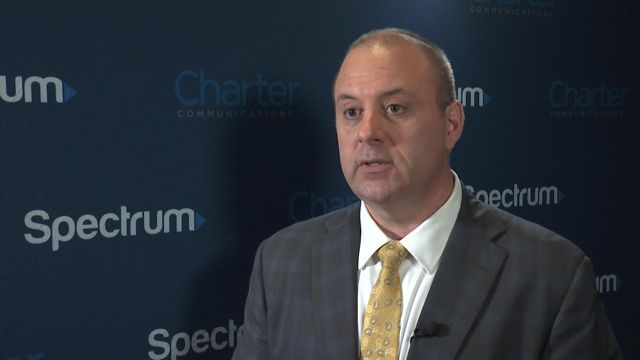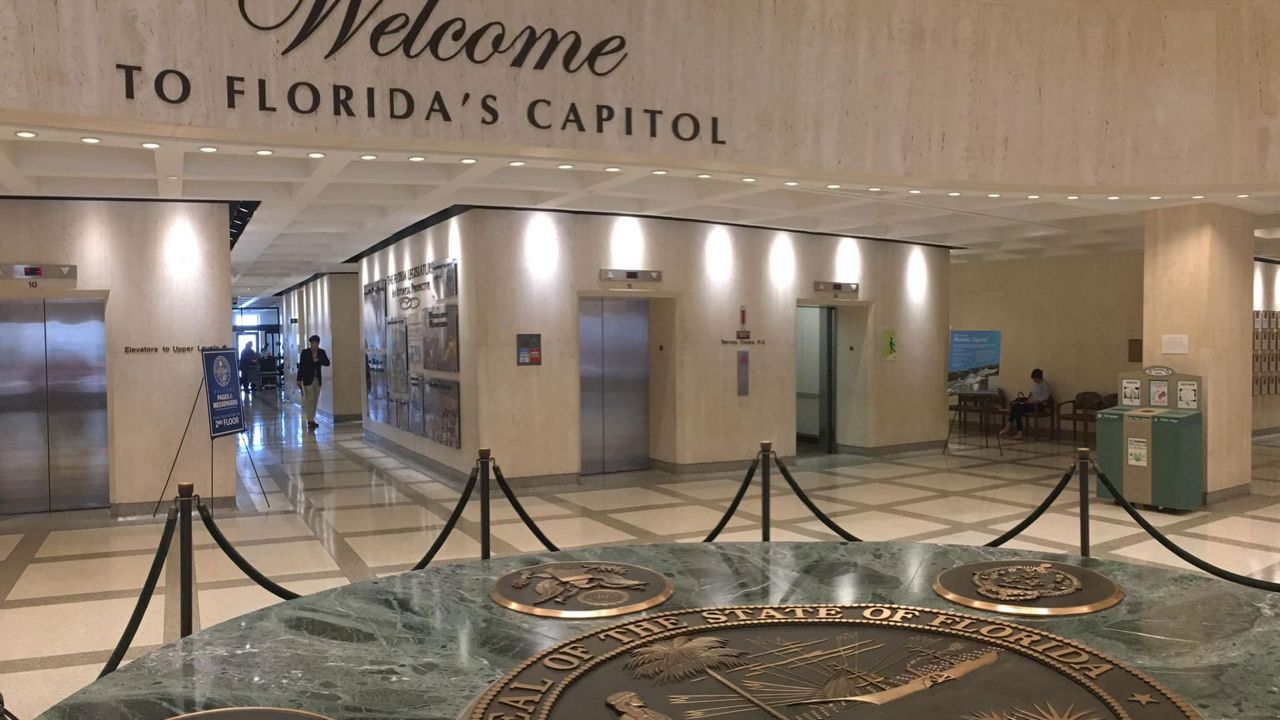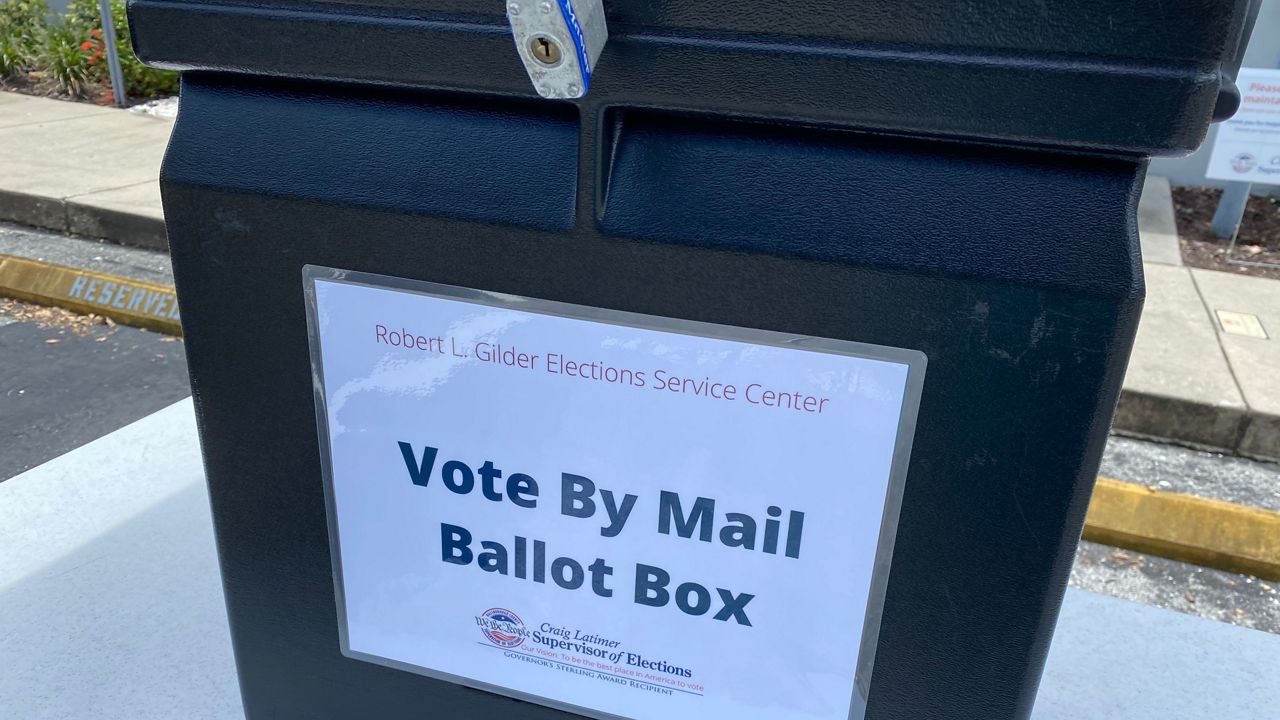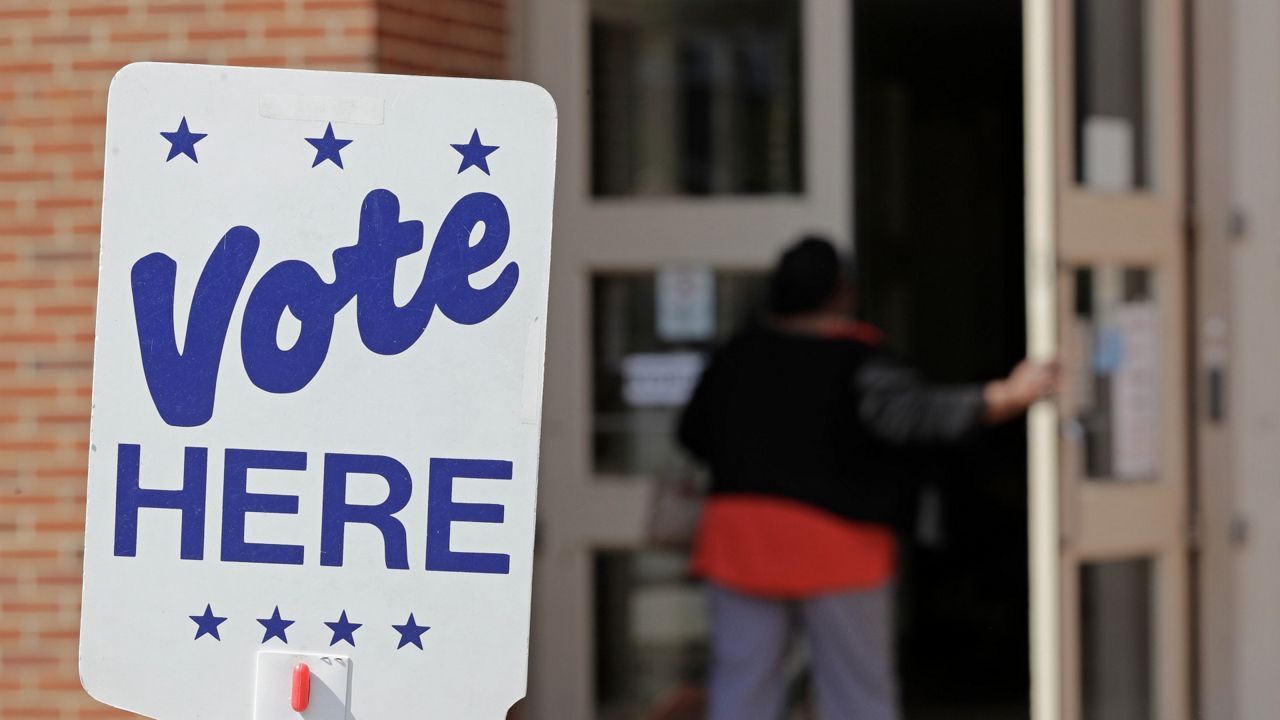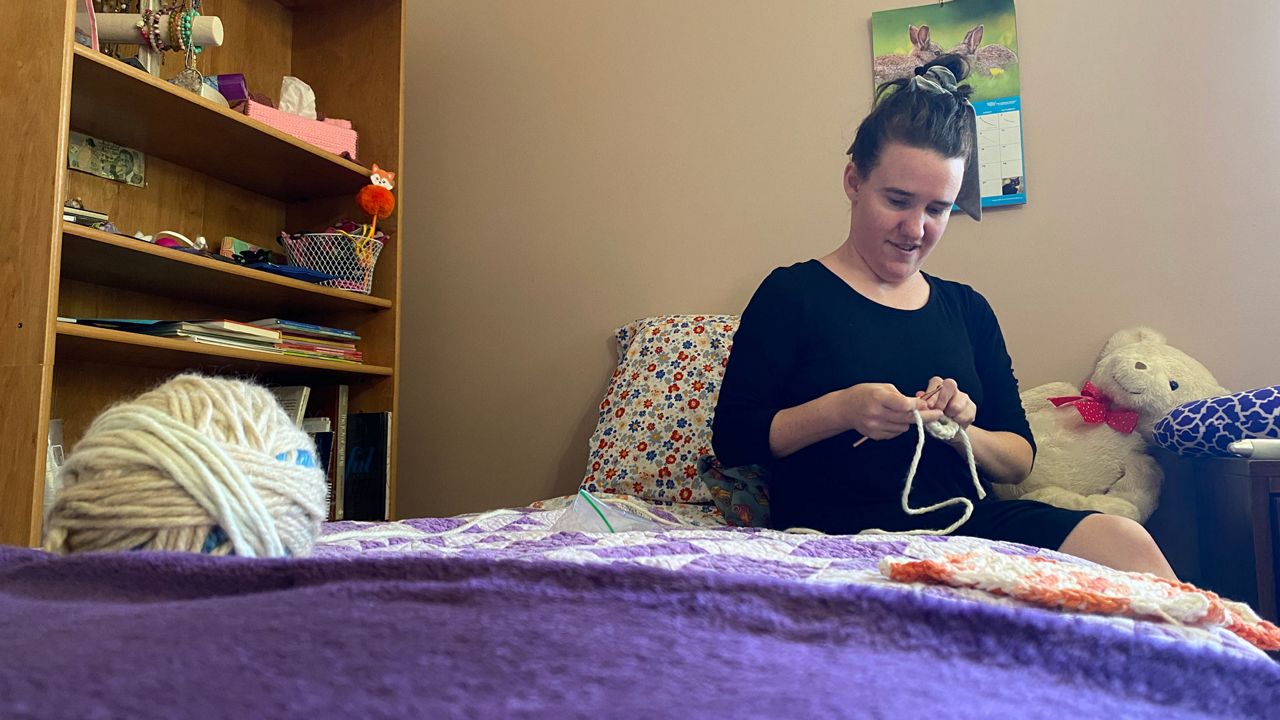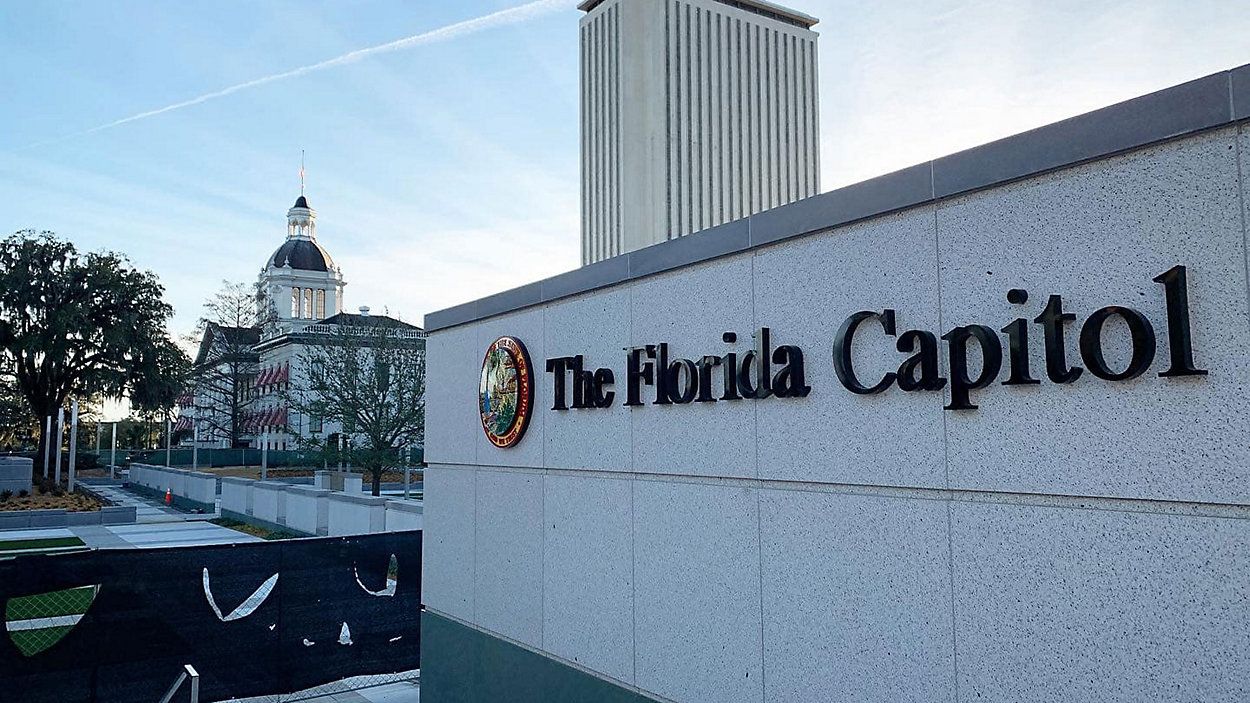TALLAHASSEE, Fla. — The Florida House of Representatives on Tuesday moved a step closer to legislative passage of a bill that critics say would make it harder for Floridians to vote.
What You Need To Know
- Florida House members have approved an amendment to a voting bill that passed the Senate
- The sponsor, Rep. Blaise Ingoglia, calls his efforts "guard rails" against "cheating" in elections
- Democrats say such legislation makes it more difficult for Floridians to vote
House members approved a so-called strike-all amendment that Rep. Blaise Ingoglia, R-Spring Hill, offered for a similar bill that passed the Florida Senate on Monday.
Opponents criticize such legislation as voter-suppression attempts similar to a bill that recently became law in Georgia. That law and attempts like it follow claims from former President Donald Trump that the 2020 presidential election had been stolen from him.
Ingoglia is sponsor of HB 7041, which had been a more broad-ranging election measure that tightens rules on everything from how you change information in your voting records, to ballot drop boxes, to signature verification, to changes that could affect whether people can pass out drinks or food to voters on line to vote.
His amendment to the Senate bill, SB 90, stood as an effort to reconcile that bill with his House bill — a key step on its road to becoming law. The legislation also would require the signature of Republican Gov. Ron DeSantis.
Both bills enjoy the support of the Republican-controlled Legislature, but they have undergone scrutiny from Democrats, who saw more than a dozen attempts at amendments to Ingoglia's amendment rejected on Tuesday. Their amendments included measures, among others, to safeguard the voting accessibility of the the elderly and disabled.
The Florida Supervisors of Elections said in a statement last week that it "does not support SB90 or HB7041 in their current form, but continues to share information with the legislature."
"This is an effort to make voting much more difficult," Rep. Anna Eskamani, D-Orlando, said during debate on Tuesday.
The House action follows Monday's activity in the Senate, where that chamber voted 23-17 in favor of SB 90. Sen. Jeff Brandes, R-St. Petersburg, broke from Republicans and voted against it. The Senate otherwise voted along party lines.
Ingoglia suggested that his amendment, filed at 1:33 a.m. Tuesday — for which Democrats chided him for not giving them enough time to read and consider it before Tuesday's House session — eases prohibition on the giving of food and water to prospective voters within 150 feet of a polling station.
Yet it requires drop boxes at early voting sites and discrectionary sites to operate only during early voting hours and to be staffed by supervisor of elections personnel.
It says only members of a voter’s immediate family, including grandchildren, can pick up and deliver a voter’s mail-in ballot on the voter's behalf. It requires a written declaration for a mail-in voter’s designee, who otherwise must include a so-called attestation of authority, along with an ID check at the time of drop-off.
The amendment also clarifies that vote-by-mail requests are good for the next general election while grandfathering in all current requests. Under current law, such requests are good for two election cycles.
Democrats repeatedly questioned why Ingoglia found the legislation necessary, especially given that he has praised Florida's 2020 election as "one of the smoothest elections in the nation."
"What is wrong with putting (up) guard rails making sure it is as tough as possible to cheat … but keeping it accessible?" Ingoglia said on the House floor in response to a question.
Yet Democrats aruged that the amendment limits accessibility and makes it more difficult to vote.
“What are we doing?" Rep. Tracie Davis, D-Jacksonville, asked on the House floor. "We have drop boxes that we now need to require ID to turn in. Unnecessary. This bill, this amendment, is a slap in the supervisors of elections' faces – after an election that you said, we say, was once of best we’ve had.”
Ingoglia acknowledged last month that his House bill would deny the giving of food and water, among other items, to voters within 150 feet of a polling station. He cited cases of people handing out water bottles and napkins that included campaign references, for example.
That provision resembled a provision of the new Georgia law that makes it illegal to hand out food, drink, money, or gifts to voters within 150 feet of a polling place.
But in discussing his amendment to the Senate bill on Tuesday, Ingoglia said it all comes down to intent, or perceived intent.
"If the ... opposite side thinks there was an intent for you to influence the people in the line, then I think we would have a problem," he said.
To a question about whether a politically neutral nonprofit organization would be able to hand out food and water within 150 feet of a polling center, Ingoglia said: "As long as they are not there to influence a voter, then it would not run afoul of what we have in the strike-all" amendment.
Much of the questions and debate Tuesday focused on drop boxes, which have emerged as a flash point, as The Pew Charitable Trusts puts it, in the debate over voting access. As Pew says, supporters prefer them because they fear their mail-in ballots otherwise might not be counted.
Meanwhile, opponents of drop boxes cite concerns about ballot security, "despite little evidence that drop boxes are any less secure than other voting methods," Pew says.
Members of Orange County's Black community last month called SB 90 an attack on their vote. In the 2020 general election, a majority of Black registered voters chose early voting or vote by mail.




